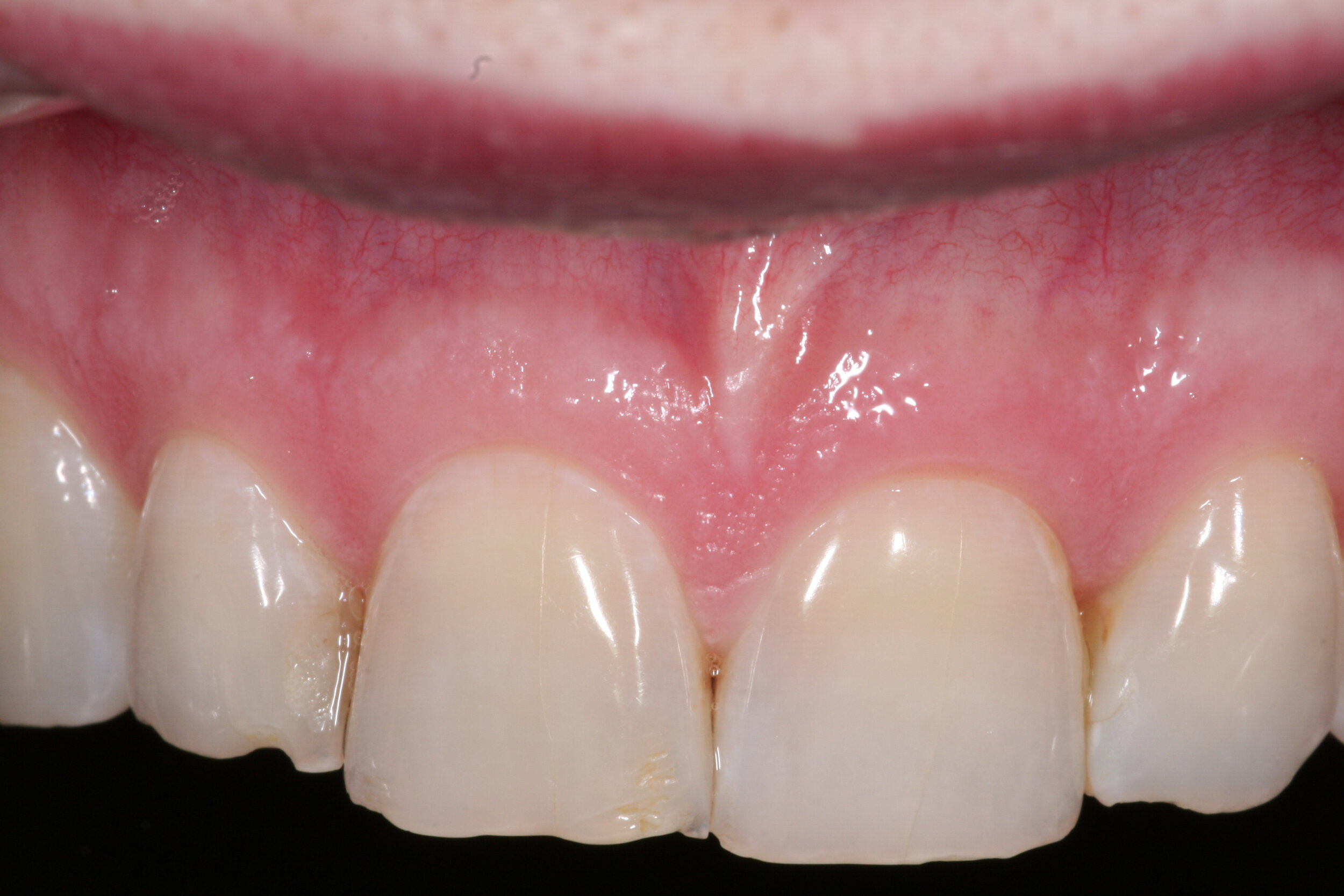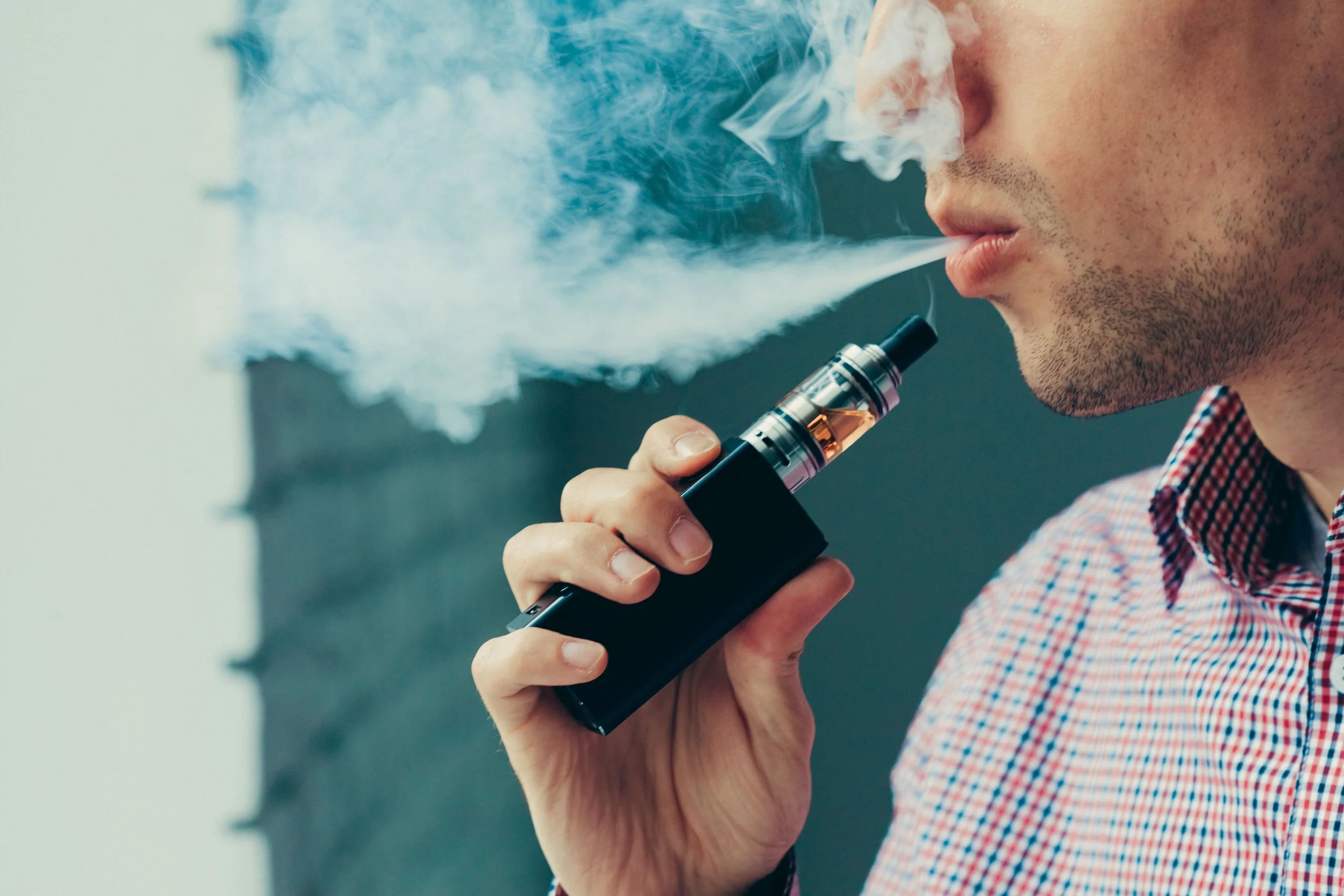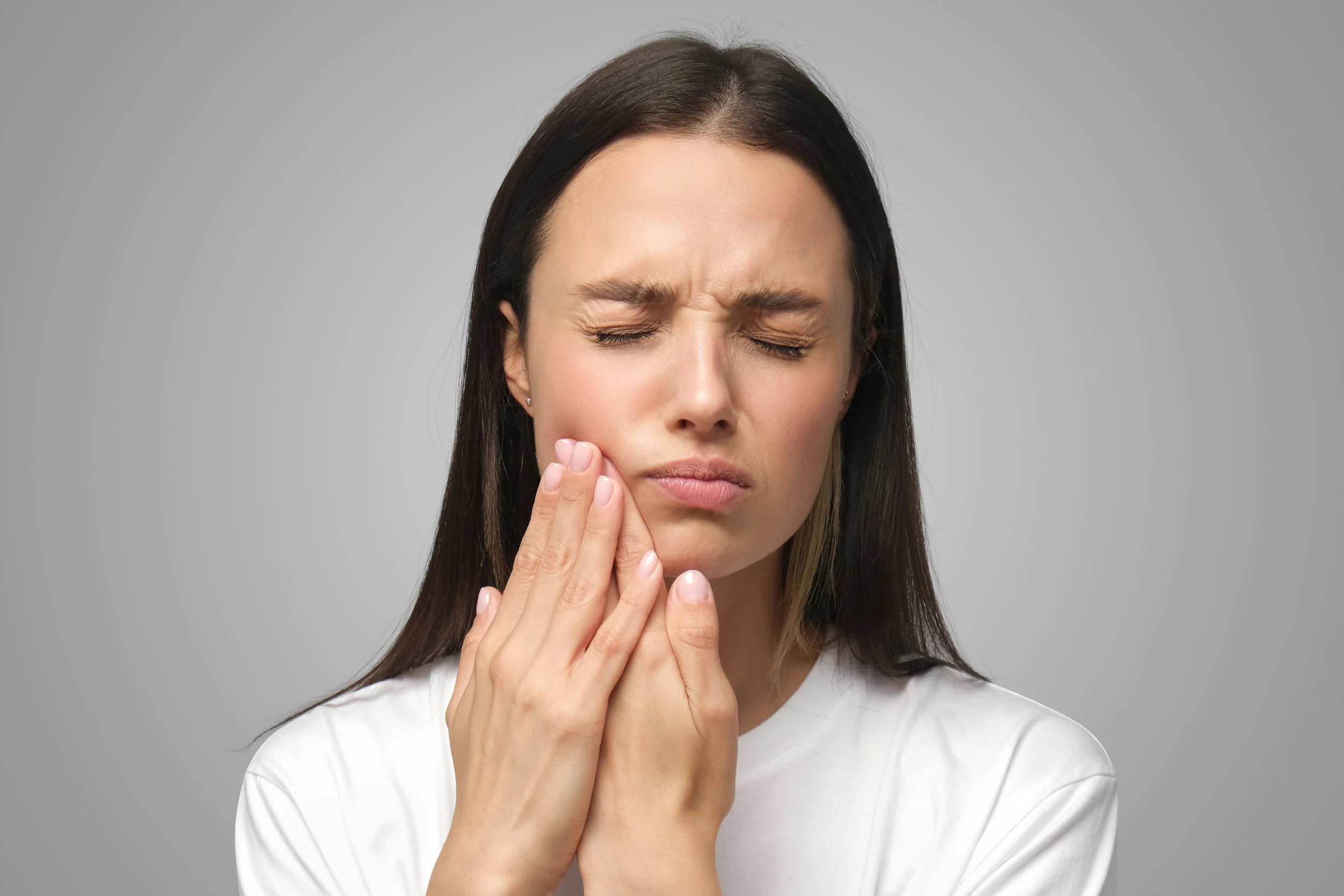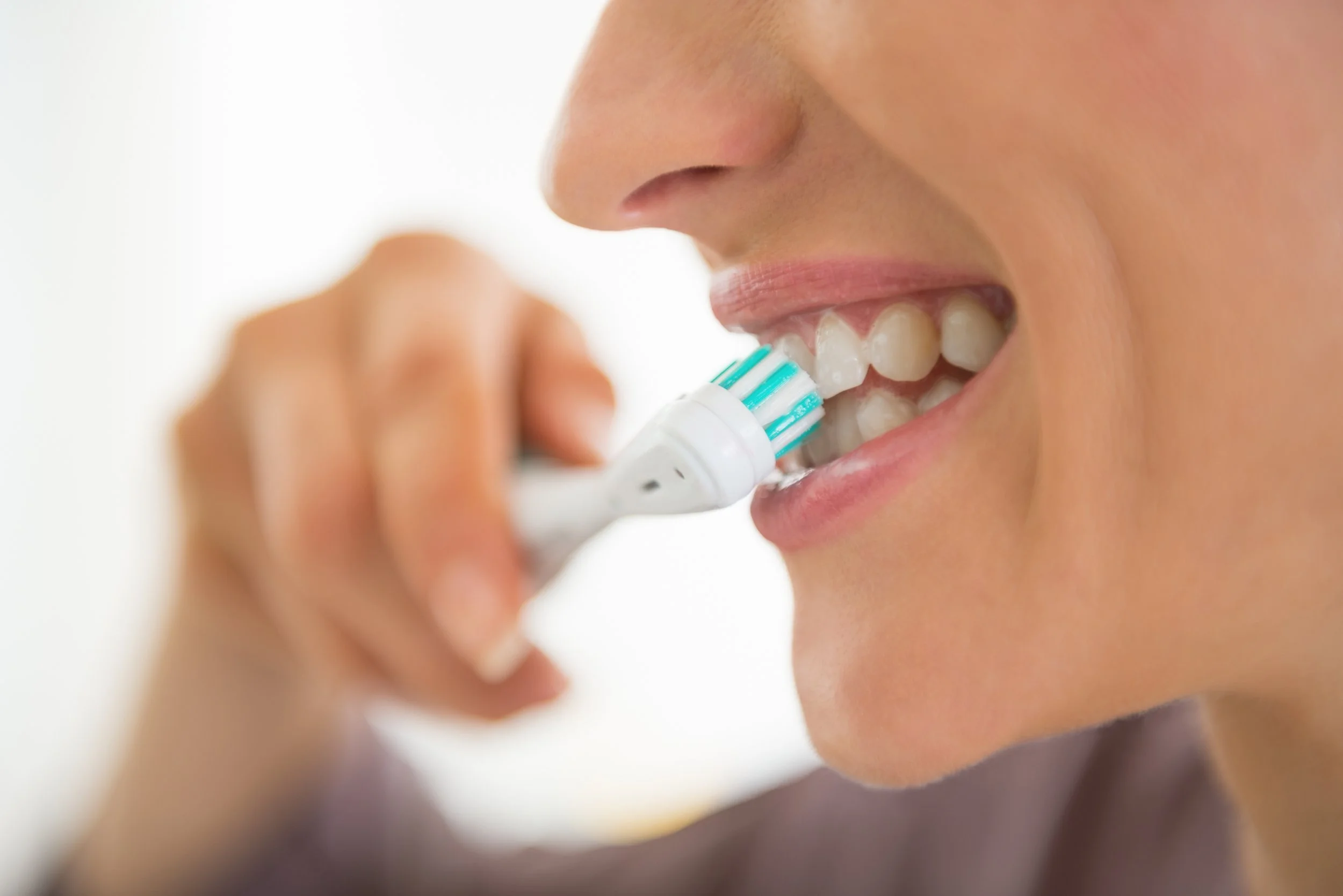Are you a nervous nail biter? Don't worry, you're not alone. While it's more common amongst children and adolescents, studies have found that anywhere from nearly a third to almost half of the population bite their nails.
Nowadays, nail-biting - also known as onychophagia - is considered a chronic or compulsive habit. Scientists have found a wide variety of reasons drive people to engage in the act, some of which include stress relief, perfectionism, and even a genetic predisposition to repetitive behaviors.
How Nail Biting Affects Your Health
Whatever the reason may be, you should know that nail-biting can be harmful to your health for three key reasons:
1. Abnormal Nails. Damaging your nails can cause them to grow abnormally.
2. Germs & Illnesses. The bacteria hiding in your damaged nails and skin can make you ill.
3. Damaged Teeth. Nail-biting is harmful to your oral health and can damage your teeth.
To further explain the third reason, here are some of the ways that nail-biting can affect your teeth:
· Structural Damage. Nail-biting can cause your teeth to chip, crack, and erode the enamel.
· Malocclusions. Constant nail-biting can result in your teeth shifting place, resulting in a misaligned bite (malocclusion) or gaps between your teeth.
· Root Resorption. The frequent movement of teeth caused by nail-biting can result in root resorption - having the roots of your teeth reabsorbed into your body. Your weakened teeth are then at a much higher risk of falling out.
· Gingivitis. Gum disease can result from the dirt and germs hiding in your broken nails and the damaged skin around the nailbed.
· Bruxism. Nail-biting has also been linked to bruxism, the act of grinding or clenching your teeth, which can lead to headaches and jaw pain.
Breaking the Habit
Now that you know how harmful nail-biting can be, there are several strategies you can employ to break the habit. For example:
· Trim and groom your nails frequently so that you have nothing to bite.
· Getting a manicure can make you less inclined to ruin your nails.
· Use a special nail polish with an unpleasant taste to discourage the behavior.
· Track what triggers you to engage in the act and become more mindful of when it happens to break the cycle.
· Replace the habit with something less harmful, such as using a stress ball to curb the urge to fidget or chew gum to keep your mouth busy.
· Cover your nails with gloves or a Band-Aid to discourage biting.
· Consider wearing a retainer to impede your ability to bite.
If these methods fail to yield results, try reaching out to your doctor or dentist to discuss any additional treatment options available. Together we can solve the problem and keep your mouth healthy.
The content on this blog is not intended to be a substitute for professional medical advice, diagnosis, or treatment. Always seek the advice of qualified health providers with questions you may have regarding medical conditions.
© Aalam Samsavar DDS and www.drsamsavar.com, 2019. Unauthorized use and/or duplication of this material without express and written permission from this site’s author and/or owner is strictly prohibited.











